SUMMARY
This is AI generated summarization, which may have errors. For context, always refer to the full article.
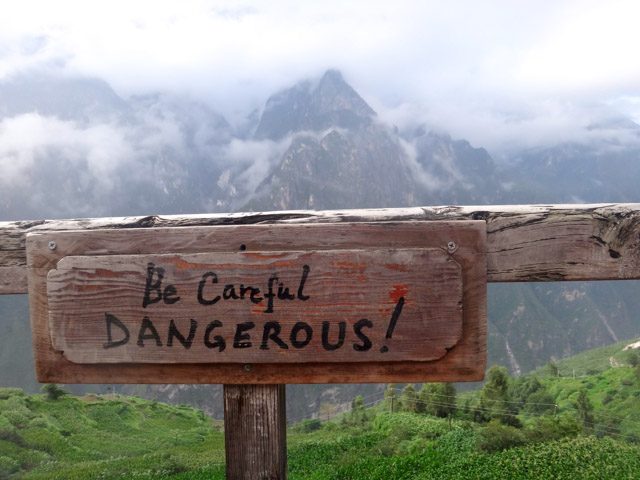
While 98% of our friends are at work Monday through Friday, we’re on the other side of the world in Colombia in South America doing a work exchange.
We’re at the end of our 365 travel dates currently on date #341, sitting poolside at a former drug lord’s mansion turned boutique hotel. (READ: A year-long honeymoon: One traveling couple’s adventure)
But because we’ve made a conscious decision to try and extend this trip we’ve decided to become entrepreneurial backpackers. We’ve decided to forego our careers (with the possibility of leaving even that behind) to continue traveling. (READ: Move slow, move local: A story of how we travel)
However, shall we ever need to interview, we’ve got explanations for our “gap” in resume. We’ve traded in new skills learned on the journey such as blogging, travel writing, social media management, translation work, and marketing for food, housing, and tours. We’ve hustled our way into free flights and we’ve done many things for small businesses and various individuals through a system of exchange called bartering where money wasn’t involved.
The greatest thing we’ve been able to do for others is move with love and provide value. If you’re doing those two things, people will move with and for you.
With the abundance of volunteer opportunities, work exchange, and jobs abroad, you can actually “work” and travel at the same time. We’ve worked-exchanged our way through various places and done jobs we were never “qualified” for, or so we thought. In the last year, we’ve learned some Swahili, a ton of Spanish, and various cultures’ etiquette. We’ve worked with foreign tongues in exotic locations while learning hotel management.
So what are employers looking for these days? Experience, teamwork, communication skills, marketing, cultural diversity in the work space, adaptability, the ability to work independently and collaboratively in high stress situations, and emotional intelligence.
Travel can teach you all those and more. Here’s our rundown of translated skills:
Communication. Travel is contagious in magnifying all human emotions and giving you indescribable stories. You hear, learn, and speak foreign tongues. In non-verbal cues, we’ve found ways to communicate more creatively. Understanding is important. We’ve learned to get our message across more clearly.
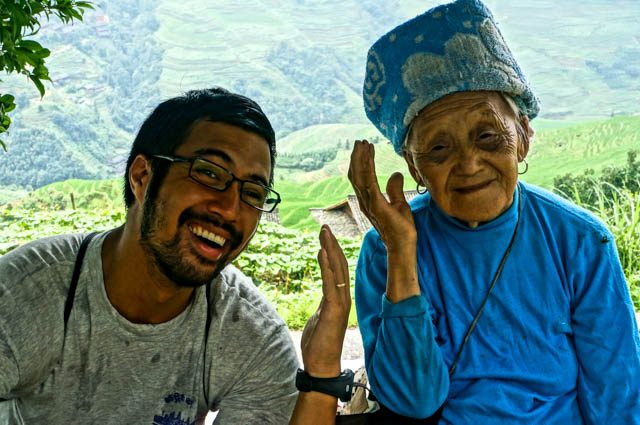
Negotiation. When strolling souks, artisan markets, and wet markets, we’ve learned a lot about negotiation. For example, you realize the price you’re getting quoted compared to that of the local standing next to you is completely outrageous. You’ll have to learn to start low enough so you have wiggle room, and master how to display specific gestures and body language to encourage your counterpart to lower their prices.
Of course in the game of bargaining there are often those who play hardball. During all this, we’ve learned to keep calm, understand this cultural dance, and walk away from the situation with a win-win result.
Adaptability. A mosquito bit you, infecting you with dengue, the bus you were supposed to catch is at a different terminal in a dangerous part of the city, your limited Spanish is barely getting you to where you need to go, and you’ve got 17 minutes to grab a taxi and catch the overnight bus.
You take yourself, your wife, and a Dutch couple who speak no Spanish and make your way to the bus terminal only to have to do a quick sprint to the your particular bus that’s leaving.
This happened to us.
Lost, tired, hungry, sick and in the middle of thousands of other people in transit, we figured out how to adapt to the stress that travel often throws at you.
What specific stressor is the interviewer even asking about? You’ve got the whole idea of working in a stressful environment down, it’s called backpacking.
Organization. If you’ve ever packed in 3 countries, 5 cities, and 8 different hotels and toured for a two-week span or longer, you know the importance of organization and planning. Not to mention the need to have specific details in order, from bus times, transfers to the correct airport, compiling visa and passport documents and don’t forget those times changes.
The complexity of organization only gets more tedious when you’re on African time and or have to deal with specific cultural aspects and etiquette. This was all without wifi, a working phone number, and in a different language. Of course sometimes, you’ll need help – which leads us to…
Collaboration. Unless you stayed in your hostel bed the entire time, you’ll move around a lot, for example, planning on ways to save on that trip, or figuring out how to opt out of other expensive tours and go for DIY tours instead.
In the process you’ll have to speak to other travelers about their knowledge of the area and then perhaps speak to the hotel staff. We had to do this before, and in the end we saved $14 dollars, spent two extra hours in transit, and had the best lunch at a roadside restaurant (not on Tripadvisor) all as a result of some collaborating. We’ve learned how to ask and receive gracefully.
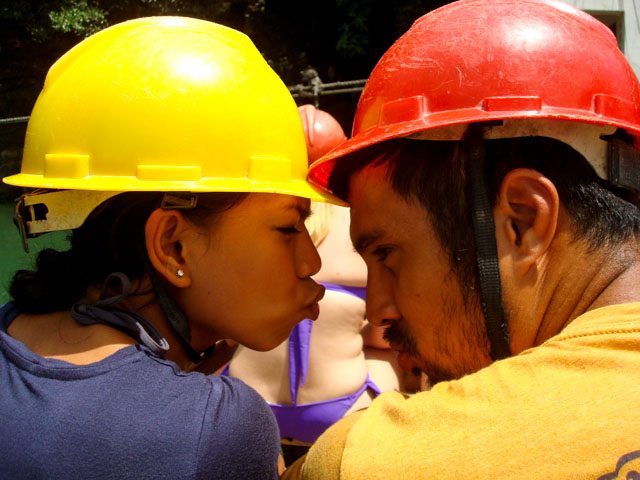
Confidence. When you first set out, you probably went out with your heavy backpack full of enthusiasm and perhaps some anxiety, moving into the unknown.
Then you realized your overconfidence was ignorant and fell more than you ever have. But in your times of failure and trying new things you found yourself stepping up. You’re moving confidently in your courage while overcoming what fears you’ve been encountering.
For example, our acquisition of French-speaking skills while touring the region and its colonial countries in Africa gave us increased confidence in our ability to be understood and move through foreign lands.
Increased aspirations. Because we went on the road leaving all our possessions behind, we’ve become more open to the endless possibilities life has to offer. We’ve increased our aspirations for ourselves and for this world.
Post-travel, we have plans on opening up or contributing to a child’s education fund, providing solutions to water supply issues in arid regions, advocating for indigenous rights, or starting our own eco-conscious lodge.
We’ve seen more of the world’s global operations and strengthened our own drive and confidence on how to build solutions for future generations.
Interpersonal skills. My experiences with the Masai men, Mayan women, and even my own wife on a 24-hour train ride tested my people skills.
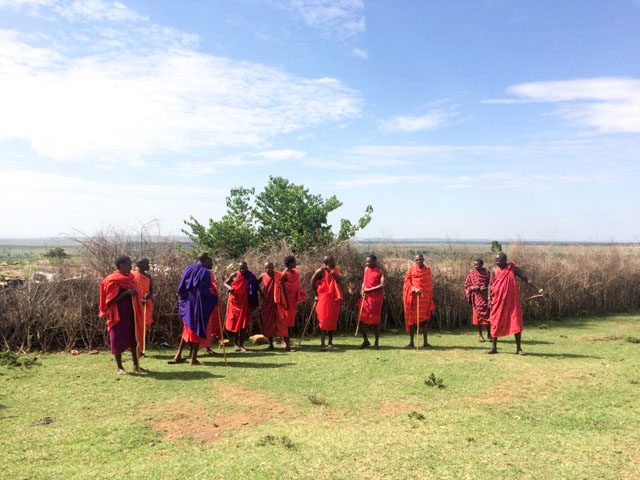
One’s ability to relate to people, create new relationships and communicate with a diverse group of people has surely been tested on the road, and one’s increased interpersonal intelligence and people skills will be shown wherever the next office cubicle awaits.
Developing intrapersonal and emotional intelligence. While we were on that 24-hour ride with that spitting and smoking Chinese guy seated next to us, I sought refuge looking out at foreign landscapes trying to reflect and understand our circumstances.
During those times, I journaled, and thought about my ability to relate to this world where I was full of privilege. I sat in front of abject poverty and wrestled in my mind about the injustices of this world and my place in it.
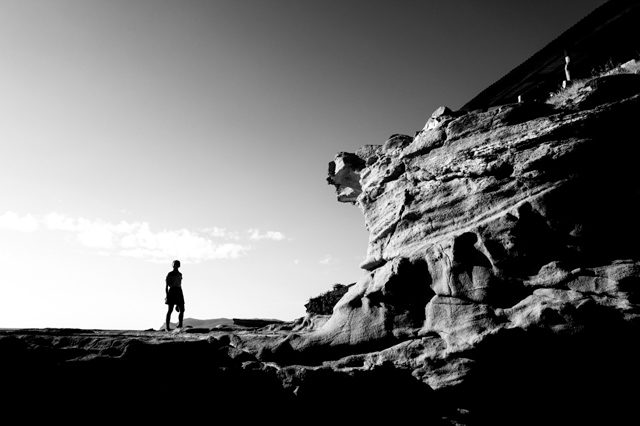
In the end, I learned empathy and touched upon my emotional intelligence, learning not to react but to understand. My deepest thoughts and reflections were also revealed after a few days in the wilderness, hiking. I jotted those thoughts down, started that blog, and reflected on life and its meaning, and that’s translated into a deeper understanding of who I am and who I want to be.
Global-mindedness. Given the huge boost in technology tearing down physical barriers and globalization expanding at a rapid pace, an understanding of global economics and international relations is key. We’ve traveled in pesos, dollars, shillings, and have been millionaires in various countries, understanding the effects of global recession, inflation, unemployment, politics, and terrible economic policies mixed together.
So now that we’ve left our own comforts, we’ve realized that the world is more diverse that we expected. We’ve become more aware of the impact that the “developed” world has on “third world” countries and are beginning to understand what it means to be eco-conscious. These of course are all good for ethical business practices.
Just because you’re traveling doesn’t mean you’re not working or self-improving. In travel you are able to continually make mistakes and create footprints towards a better you.
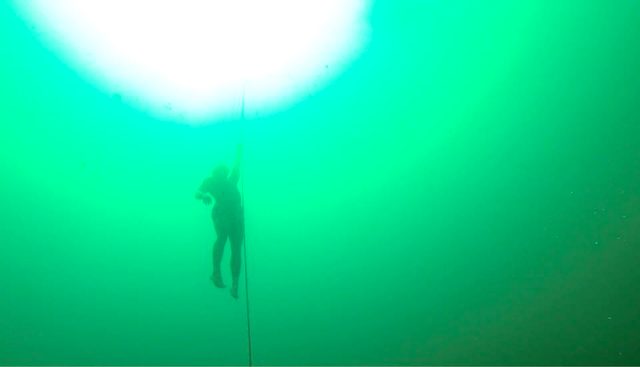
You’re put into difficult situations sometimes by choice often times not. Traveling gives you the ability to display courage in the face of adversity. It shows you who you are and who you can be. It gives you stories to tell and ways to intertwine those stories in future job interviews.
These experiences directly translate into working skills, and more importantly, life skills. It gives you real life experience and an active education to complement the theories you learned in school, and gives you the opportunity to shed and unlearn incorrect assumptions of how this world truly works. Investment in travel is investment in one’s self, if that’s the path you choose to take. – Rappler.com
Add a comment
How does this make you feel?
There are no comments yet. Add your comment to start the conversation.